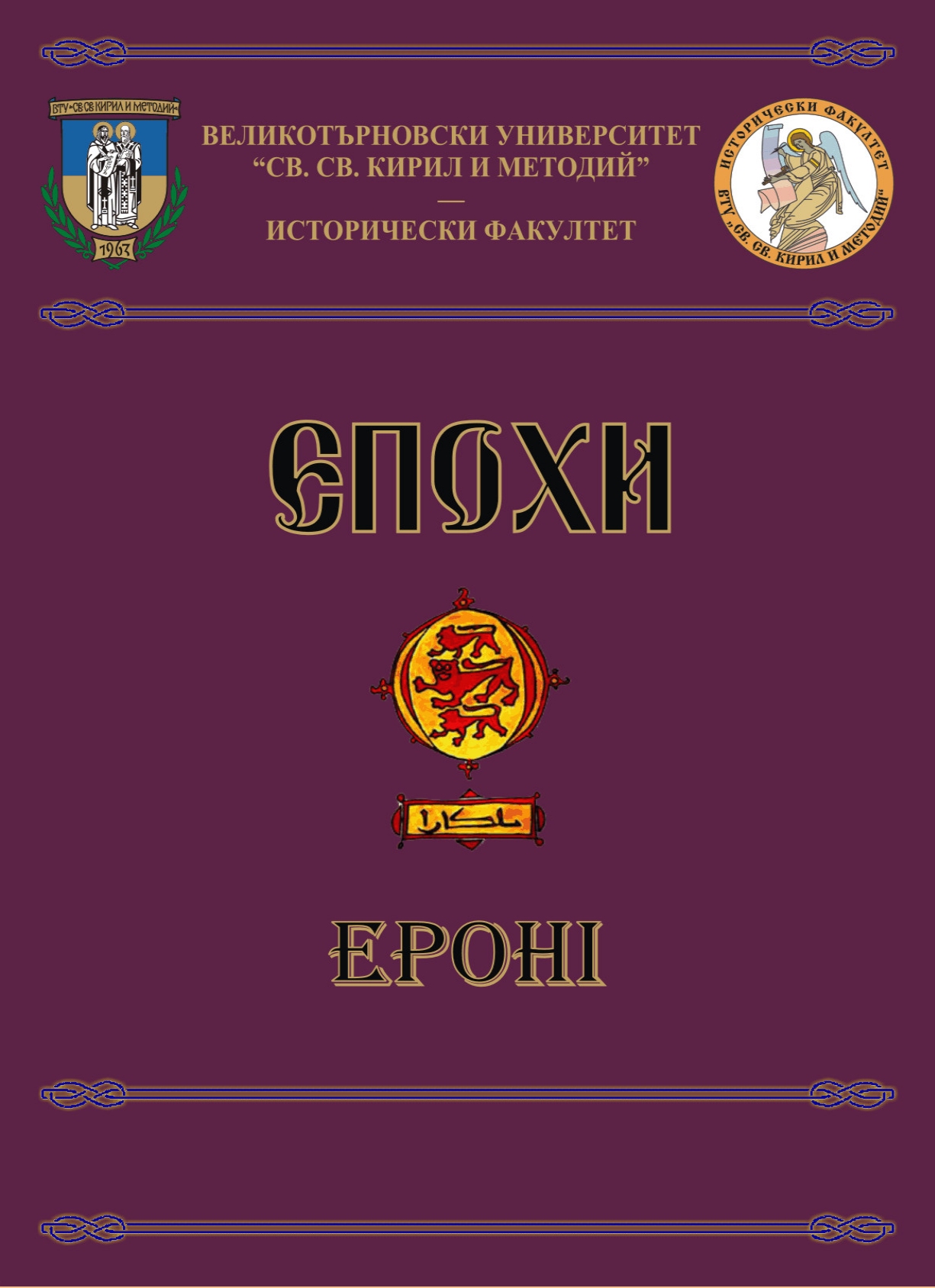Механизми за налагане на комунистическите режими в България и Унгария в първите следвоенни години
Communist Regimes in Bulgaria and Hungary Mechanisms of Imposing in the First Postwar Years
Author(s): Iskra BaevaSubject(s): History, Cultural history, Political history, Special Historiographies:, History of Communism, Historical revisionism, Post-Communist Transformation
Published by: Великотърновски университет „Св. св. Кирил и Методий”
Keywords: Hungary; Bulgaria; ant-fascist front; People’s court; administrative purge; repressions; Soviet model of state socialism; national specifics
Summary/Abstract: After the end of World War II the visible similarities in the 20th century history of Bulgaria and Hungary still continue. Both countries are included into the Soviet sphere of influence and the Soviet model of state socialism is imposed on them. This process is carried out by means of different mechanisms, based on international documents, as well as on legal decisions of their first postwar governments. The present paper traces down the origins and the functioning of these mechanisms, focusing on the main role of the Communist parties. The repressions and the purges in Bulgaria and Hungary in the first postwar years result in substituting the traditional political elites with new Communist ones, thus assuring the long-lasting rule of the Communists, backed, of course, by the Soviet Union.
Journal: Епохи
- Issue Year: XXI/2013
- Issue No: 2
- Page Range: 59-69
- Page Count: 11
- Language: Bulgarian

